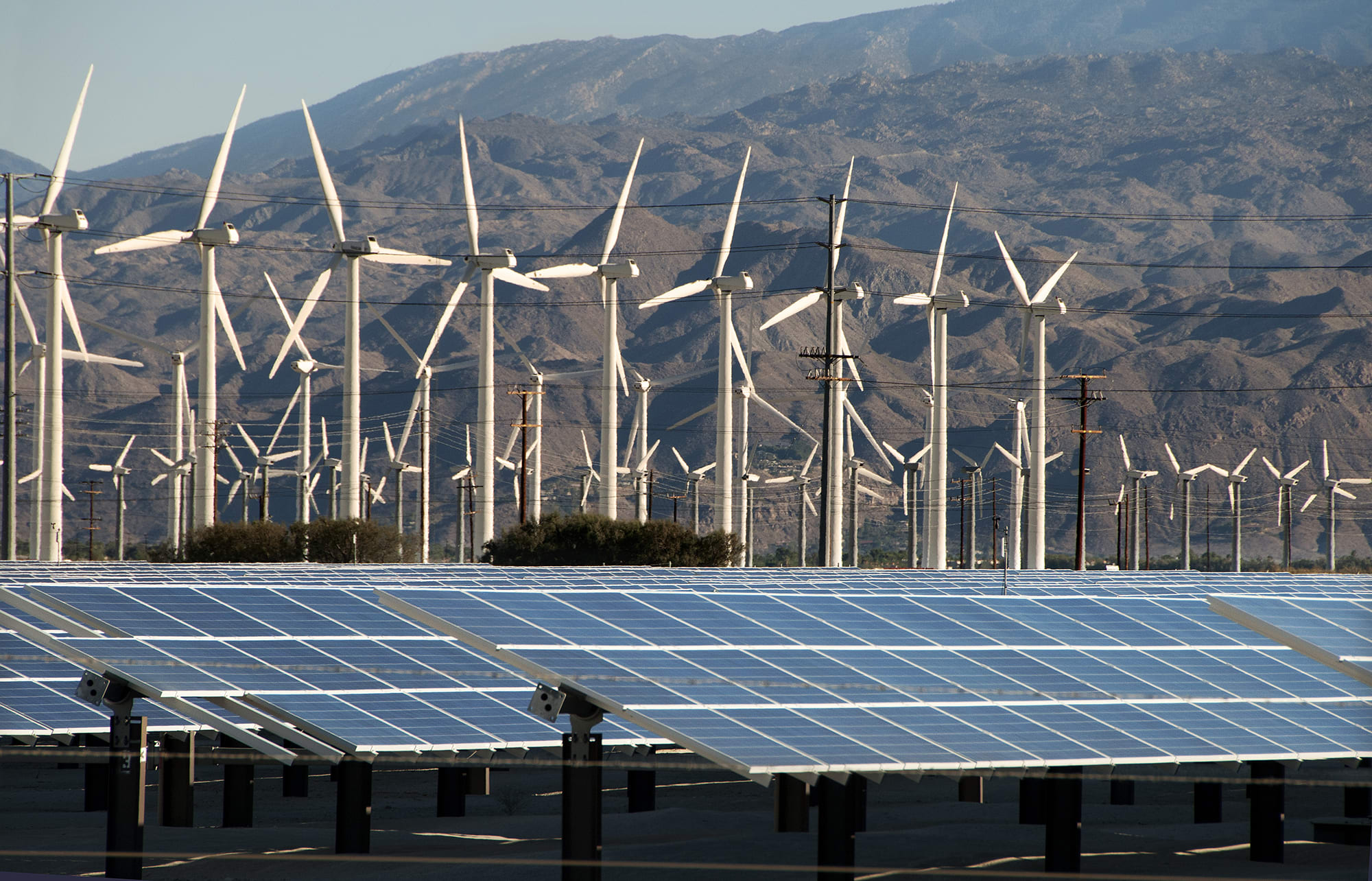
Investing around Environmental, Social and Governance factors (ESG) is here to stay.
Not only that, but the theme has “established itself this year” as a mainstream way for investors to capture gains while reflecting certain moral values, Luke Oliver, head of index investing for the Americas at DWS Group, told CNBC’s “ETF Edge” on Monday.
“Over $19 billion has flowed into ESG ETFs this year, bringing the total to over $40 billion,” Oliver said. “Just to put that in some context, there was less than $8 billion in inflow last year and prior to that the flows were very scant.”
That $19 billion figure is a record for ESG-based exchange-traded funds, which have seen “persistent” inflows in 2020 despite the market’s sharp, coronavirus-fueled downturn earlier in the year.
“Investors are adopting this … less so as a satellite, very specific position, but as something that they’ll put at the heart of their portfolio,” Oliver said.
He added that one of DWS Group’s ESG funds, the Xtrackers S&P 500 ESG ETF (SNPE), has started to outpace the S&P 500 itself year to date. SNPE’s top holdings are Apple, Microsoft, Amazon and Facebook.
“It speaks to this being very much not a conflict of fiduciary duty,” Oliver said, perhaps referencing the Department of Labor’s recent proposal to crack down on ESG funds for sacrificing performance in favor of social or political values.
“There’s a capitalist endeavor behind E, S and G, because they give you companies that are better-prepared” for the future, he said. “What we want to offer people is the ability to get an exposure to a benchmark like the S&P 500, but to do it aligned with their values, and in line with those values, there’s potential for outperformance.”
As for what’s driving this year’s outperformance, Oliver tied it back to the news cycle.
“You can’t put on the TV without seeing environmental issues, wildfires. We’re seeing social issues across this country and in others. And we’ve also had recently some big headlines around firms that have run into trouble with corruption or fraud,” he said. “These are the topics that people are seeing … and with the growth of ESG, they are now able to express those when investing in the market.”
Although ESG compliance is still a fairly “arbitrary” metric given Big Tech’s presence in many ESG funds, the momentum in the space is undeniable, Steve Grasso, director of institutional sales at Stuart Frankel said in the same “ETF Edge” interview.
“If you look back onto BlackRock’s Larry Fink, this has been one of his initiatives and he has said that the top issue for investors has been sustainability. They have [$]7 trillion in assets, so, if someone like a BlackRock starts to dictate direction of the overall market, the rest of the market will follow where he is leaning,” Grasso said.
Beyond that, the energy sector’s struggle in recent years been a telltale sign of investors’ changing preferences, Grasso said. The Energy Select Sector SPDR Fund (XLE) has lost more than 44% in value this year and nearly 45% over the last five years.
“It’s one of the very few ETFs that’s actually down on a five-year basis,” Grasso said. “Everything is fossil fuels there. So, when you start to look at what investors are looking for, they’re looking to avoid fossil fuels, they’re looking to get more into solar for the environment, and when you see California now mandating on all the new builds that they’re required to have solar panels and then there’s a push for another nine or 10 states to follow suit, you definitely see where the puck is going and this is a major priority for investors.”
Leave a Reply